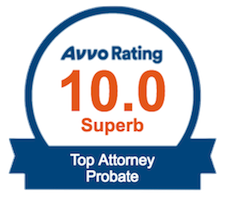Establishing Liability for Injuries Caused by Faulty Products
Have you sustained an injury due to a harmful consumer product? Securing compensation is often straightforward with the right legal approach.
Injuries from defective or dangerous products affect countless individuals each year. This area of the law, known as “product liability,” establishes the accountability of manufacturers and sellers for such items. Product liability law deviates from typical injury law, frequently making it simpler for the injury victim to receive damages.
The Principle of Strict Liability Explained
Usually, to impose liability for your injuries, you need to demonstrate that someone else’s negligence led to the incident.
Nevertheless, in cases involving products available to consumers, proving a manufacturer’s negligence in crafting a particular good can be almost impossible and incredibly costly for a single person. It is also unrealistic to expect a buyer to confirm whether a retailer or lessor had an effective inspection method in place for detecting manufacturer defects or to establish if the retailer was responsible for the defect post-manufacture. Furthermore, it is impractical for a consumer to have to examine each product prior to use to determine its safety and functionality.
Therefore, the law has adopted “strict liability” rules, enabling individuals harmed by a defective or unexpectedly hazardous product to obtain compensation from the product’s creator or seller, without having to prove actual negligence. In essence, if you’ve been injured by a consumer product, you have the right to compensation from the manufacturer or from the business that directly sold or leased you the product.
Potential Defendants in Product Liability Cases
While pursuing legal action against a manufacturer of a faulty or unsafe product is common, the seller might not always be as vulnerable. Strict liability against non-manufacturer sellers or renters applies exclusively if they are regularly involved in the business of selling or renting those specific items. For instance, if your purchase was made at a one-off sale or a miscellaneous goods store like a flea market or thrift shop, strict liability might not apply.
Criteria for Asserting Strict Liability Claims
No matter what a manufacturer or seller claims about their quality control processes, you can lodge a strict liability claim without proving their negligence if the following conditions are met:
- The product had an “unreasonably dangerous” flaw that caused you injury as a user or consumer. This defect could originate during the design, manufacturing, or shipping stages.
- The injury occurred while employing the product as it was intended to be used.
- The product’s condition was not significantly altered from its original sale form. A “substantial” alteration means one that impacts the product’s function.
Deadlines in Product Liability Cases
State laws set time frames for how long after a product’s initial sale a manufacturer or seller can be deemed liable under strict liability. These time constraints often range between six to 12 years following the product’s initial release to the marketplace. To proceed with a strict liability claim, it can be crucial to establish the age of the product that caused your injury.
Handling Known Product Defects
Manufacturers and sellers can use the knowledge of a defect as a defense against strict liability claims, which can play a pivotal role if the product has been in your possession for some time. You may forfeit your entitlement to strict liability compensation from the manufacturer or seller if you were aware of the flaw yet persisted in using the item. Evidence of your knowledge of the defect — whether through the product’s state (which the producer’s or seller’s insurance firm is entitled to inspect) or your account of product usage — may imply forfeiture of your rights to injury damages.
If you or someone you love has been injured by a defective product, Goldberg & Goldberg are committed to ensuring that justice is served. We invite you to leverage our skills and take advantage of our Free Consultation to discuss your case. Contact us at (301) 654-5757 to schedule a consultation with our skilled attorneys. We’re here to support you through every step of your legal journey.




